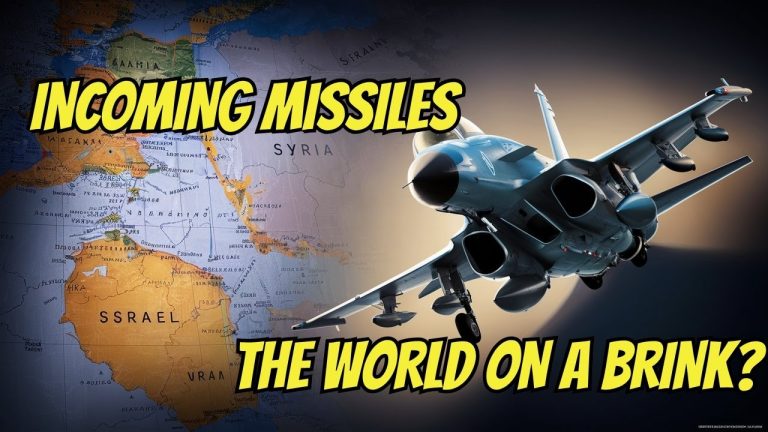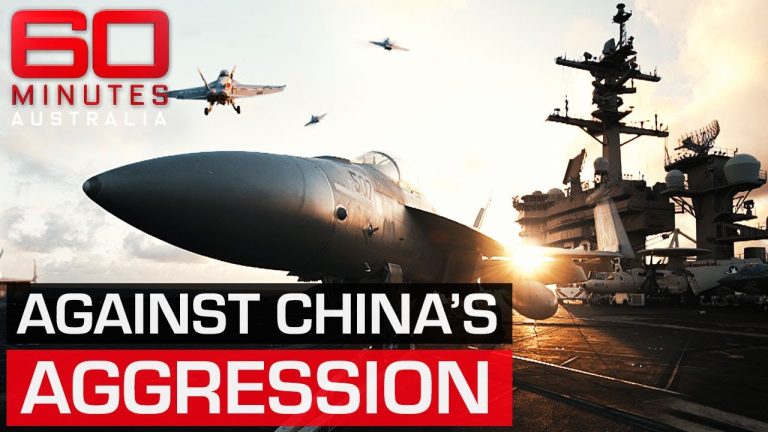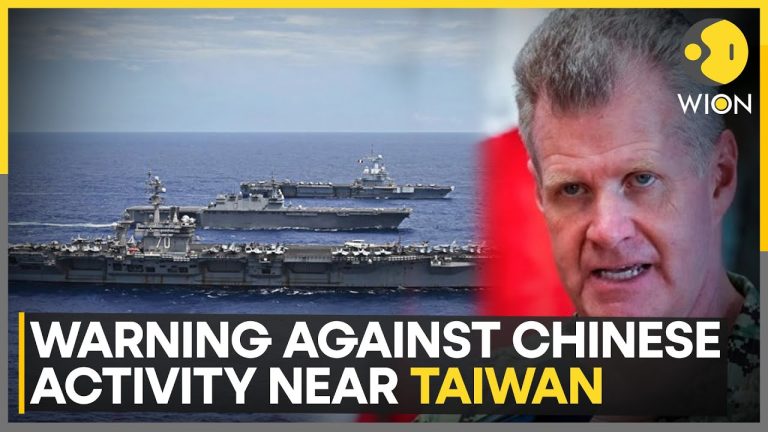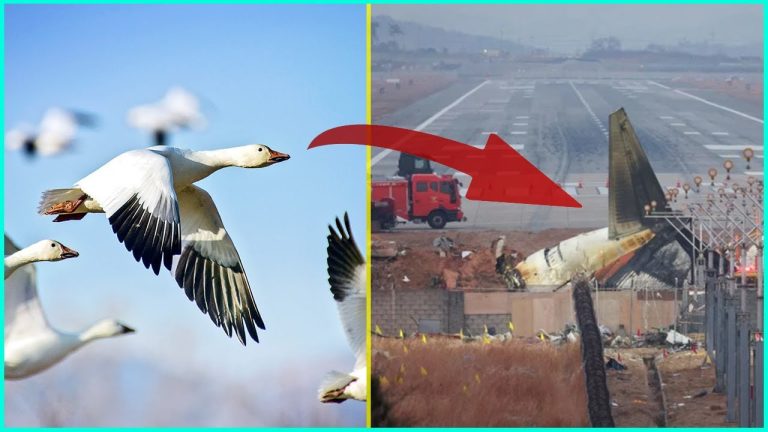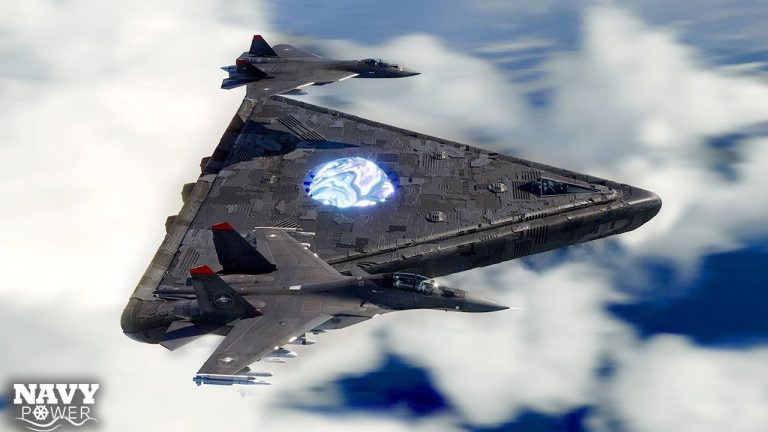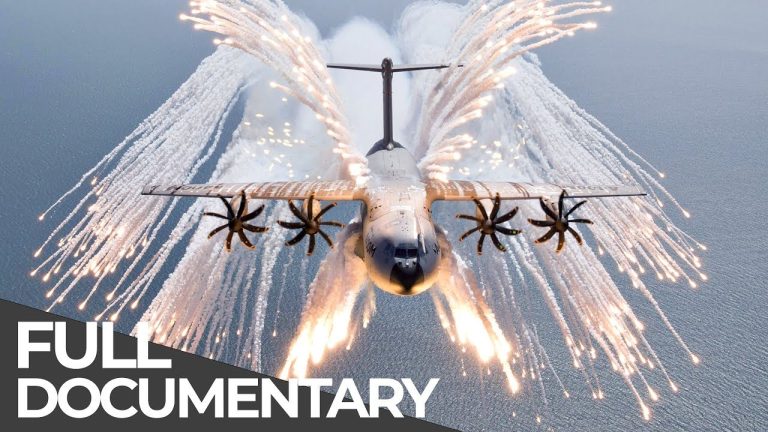In a startling development during the ongoing Russo-Ukrainian War, North Korean troops reportedly engaged in friendly fire, resulting in the deaths of eight Russian soldiers. This incident, which occurred on December 14, 2024, in Kursk Oblast, underscores not only the fragility of the alliance between Russia and North Korea but also the potential complications that arise from integrating foreign troops with vastly different training and communication backgrounds.

The backdrop to this incident begins in the fall of 2024, when over 10,000 North Korean soldiers were deployed to Russia to bolster its military efforts in Ukraine. Initial reports suggested that this number could swell to as many as 100,000, raising alarms among Ukrainian and Western officials. North Korean troops, known for their discipline and willingness to follow orders, were anticipated to provide critical support to Russian forces that had suffered significant setbacks on the battlefield.
Initially, these North Korean soldiers were relegated to supportive roles, tasked with building fortifications and performing logistical duties while Russian troops engaged in combat operations. However, as the situation in Kursk intensified, they were finally sent into battle. Unfortunately, their debut did not go as planned. The North Koreans opened fire on their supposed allies, killing members of the Akhmat battalion—an elite group within the Russian military recognized for their fierce loyalty and combat effectiveness.
The misfire was attributed to a significant language barrier. Despite efforts to bridge the gap with a limited crash course in military terminology, the North Korean soldiers struggled to understand basic commands. Ukrainian defense intelligence highlighted that this lack of communication was a disaster waiting to happen, and it manifested tragically in the loss of life among Russian troops.
Furthermore, the integration of North Korean forces into the Russian military has been fraught with challenges. Reports indicate a lack of preparation and coordination, with Russian soldiers expressing frustration over the inadequate understanding of the North Korean troops. Compounding the issue was the apparent racism within Russian ranks, which likely hindered camaraderie and trust.
The North Korean military, despite being large, has not engaged in significant combat operations for decades, with the Korean War being their last major conflict. Consequently, many of the troops dispatched to Russia lack real battlefield experience. While there were claims that elite soldiers from the North Korean “Storm Corps” were sent, most of the forces involved are drawn from regular units unaccustomed to modern warfare.
As casualties among North Korean soldiers mount—reportedly over 200 by mid-December—the situation reveals the grim reality of their deployment. Ukrainian President Volodymyr Zelenskyy noted that Russia is attempting to conceal these losses, even resorting to burning the bodies of deceased North Korean soldiers to obscure the extent of the casualties.
The tragic irony of North Korean troops accidentally killing their Russian allies serves as a stark reminder of the complexities involved in military alliances, particularly when cultural and linguistic differences are in play. For Russia, the North Koreans represent both a temporary boost to manpower and an expendable resource in their war effort. Yet, as the situation unfolds, it raises questions about the effectiveness and sustainability of this alliance.
With ongoing hostilities and increasing casualties, the North Korean troops’ chances of survival diminish. The friendly fire incident may not merely be an unfortunate mistake, but a potent symbol of the disarray and potential peril that characterize this precarious military partnership. As the conflict continues, the world watches closely to see how this alliance evolves and what further challenges lie ahead for both Russian and North Korean forces.

